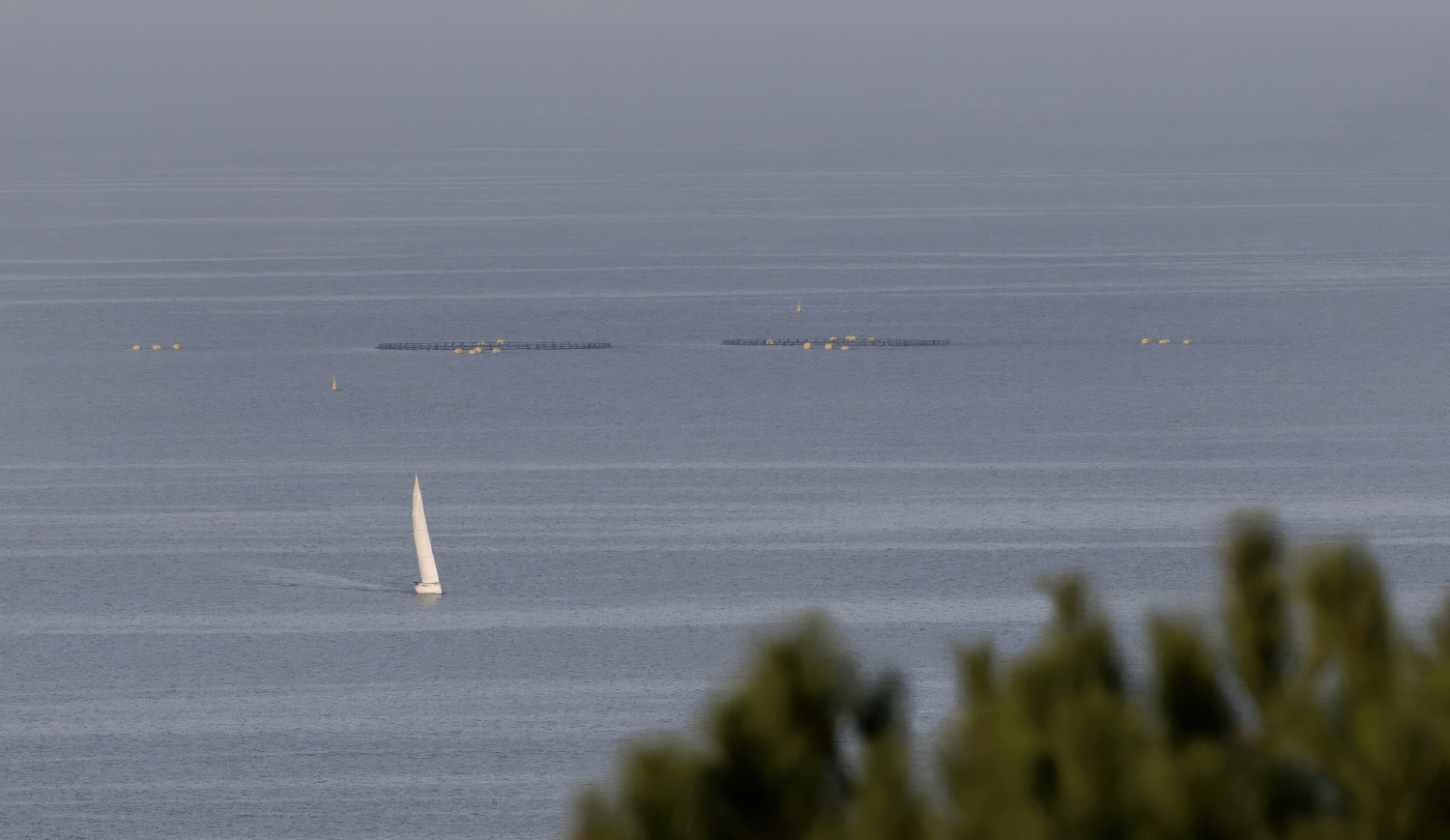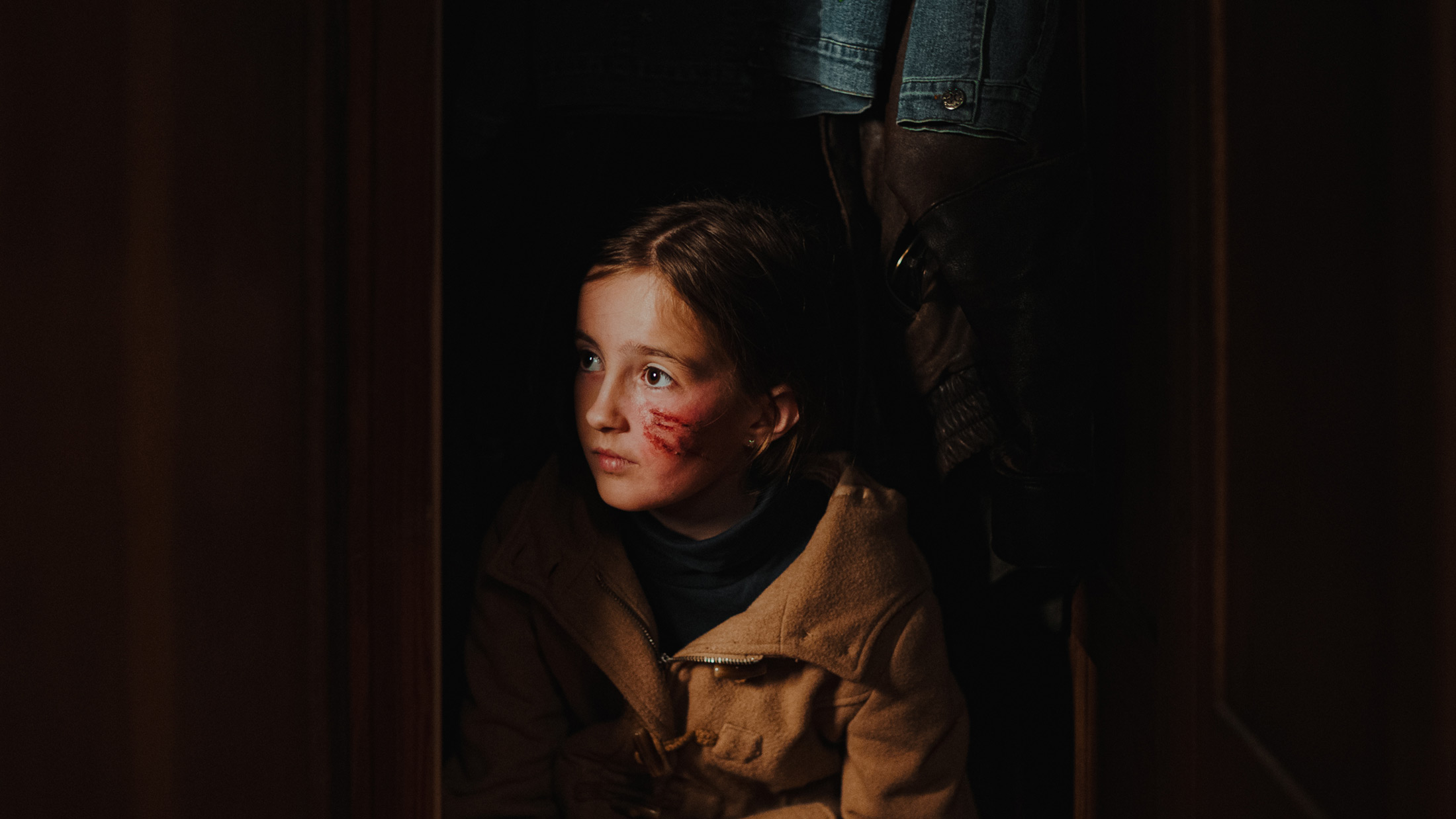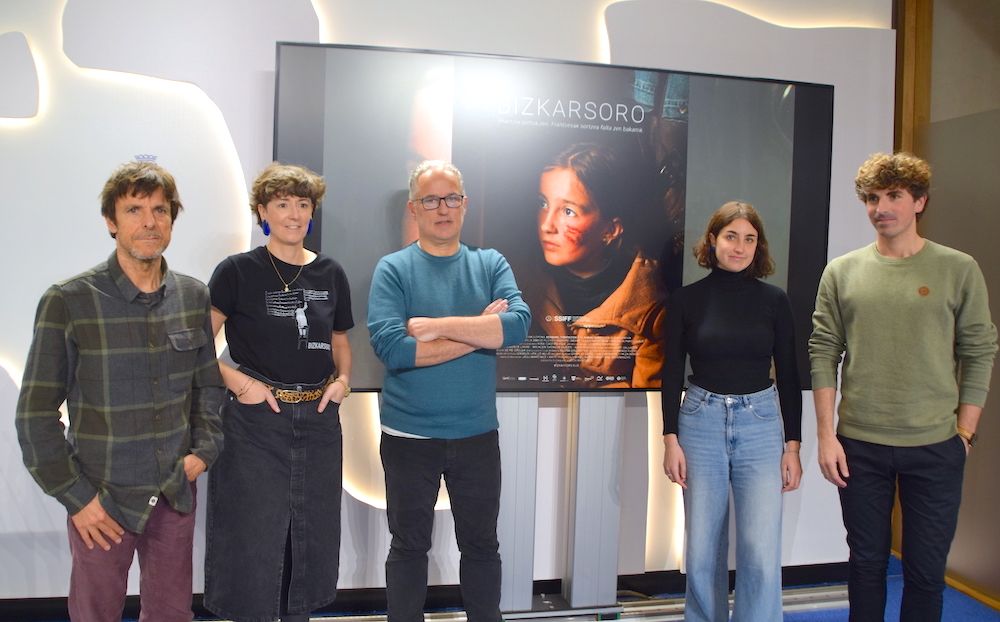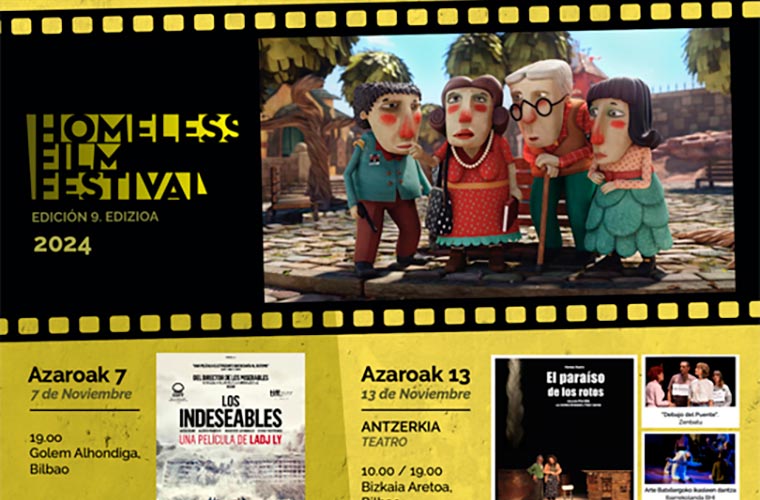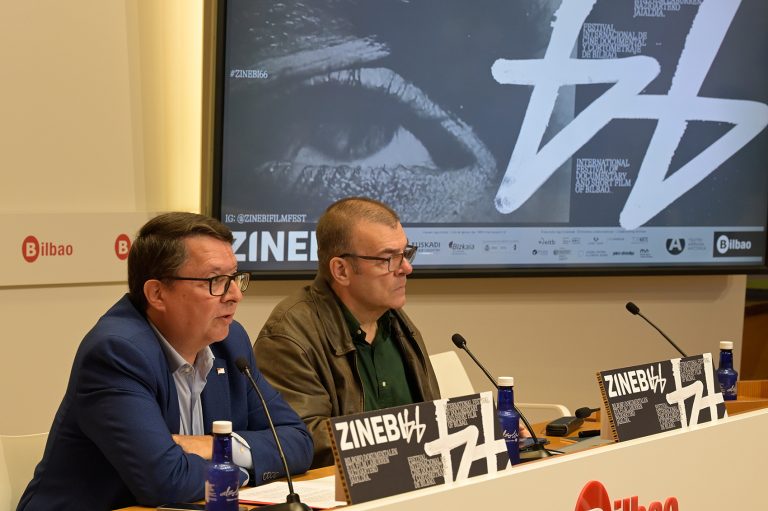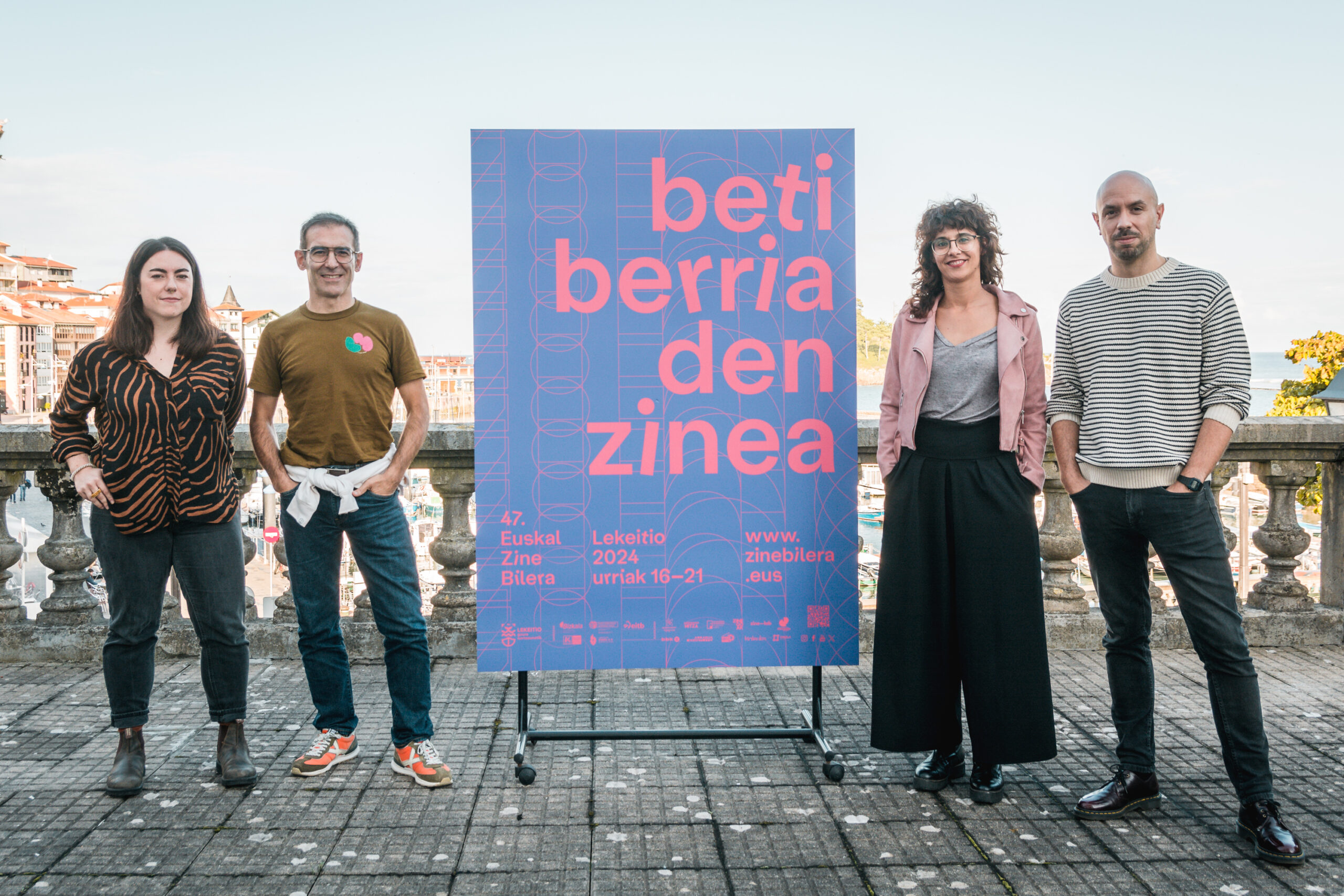"Being a writer is working in the basement."
- “When it comes to a beautiful shadow...”

They say you write movies, not stories.
Master Godard says a movie is a wedding of dark ideas and clear images. We cannot be too transparent about history, but we need brilliant figures of profit. There are thousands of good stories in newspapers, while directors who are able to make good films... How do you tell it? How do we use the film code for the benefit of what we want to count? How do you turn cinema into a ring at the finger of this story? That's the constant headache of filmmakers. I've been bored with movies that are just limited to their history. Along the way, a movie is something else, something that is able to dress the story with another dimension. I am very kinefyl, I devour movies, I read a lot about the history of cinema, it is a topic of reflection without my style, and I consider it essential to miss in the theoretical questions about the form, development and tool of cinema. Every time I lost myself, I remember my brother, as a little boy, looking at the old Western and telling me that the Indians were Basque. That's the difference between writing stories and movies.
In your house, nobody belonged to the world of cinema.
The world of film is very closed. However, the mother of eternal friendship worked in a movie theater that screened ancient American films, and I have seen very little of all the movies that have been in that room from 9 to 20 years old. I've always had the movie worm, I've always thought that that was my world, but since we were in our house to a truce there, I didn't know anything about the movie trades, I didn't know how a movie was made, I hadn't been in a recording... In addition, my father got in the head that I had to study economics, and I went back and stayed in the movies in business. I wasn't a good dealer, I thought I was a very bad producer, but as soon as I started writing the scripts, I realized it was mine. I feel blessed to have met the right people at the right time. Cinema leads you to great dreams and you can fall from very high. You can stay alone from morning to night, but if you want to film, you have to convince people, deal with a lot of people and make alliances: you just have a party.
Does the economic aspect condition the artistic?
Since you need a consensual artistic proposal to bring to the screen what you want to share with the public, yes. So there are good films with a reduced audience, but there are not a few successful and beautiful films that have gathered large amounts of public and money. I don't think we're doomed to write fantastic movies without a public. However, malice is needed to adapt to the number of viewers represented by the size of the project. When the director approaches an idea in the sky, the writer's job is to build a ladder so that people can get there. That's why gender films are so democratic. Everyone understands what is at stake, these are simple and concrete issues, but that is precisely what makes it possible to deal with the situation of prisons, fishing in Brittany, or the Basque conflict. You've won if you put the viewer in the frame of shouting, "No, it's not true!", "Don't go away!" or "Tell it!" That is the attitude that boys and girls have towards puppets. To do this, you're not forced to crush the world, cause snow jumps, earthquakes and floods, the story of a baby who loses his bicycle can be as exciting and serious as that. The important thing is not the size of the event, but the way to tell it.
Is he a good staircase builder?
A good writer is the one who works with a good director. The director is the one who produces the film, the film is marked by his ambition. We are a long way from the red carpet and glamour. Being a writer is working in the basement. The big audience doesn't have to know who's written the movie, just know what you can offer. The principals are the pilots and we are the mechanics that we are waiting for in the garage. The pilot will tell us that when you ask for the accelerator, you hear a strange noise, and we will open the hood and tell you that the problem comes from the carburetor. It's the director who runs it, who puts his life at stake. We are in the workshop and at the same time we can deal with different cars. It is a work without measures, there is nothing between working too much and too little. So, the creation of scripts is a great school of humility. I am clear that 80% of what I write ends in the trash can and that the scene that I have rewritten 30 times will always be better than the one that I have rewritten ten times. The writer is not a good writer, but a good writer.
Toni Morrison says: “There’s just one intrigue: nothing is what it looks like.”
It's the golden rule for writers. If our protagonist is the Nazi, he will be created with an impeded child, and the scale of viewers' values will begin to dance. On the contrary, if we have a noble, honest and noble protagonist, we will invent a dark past for the viewer to feel the clash within themselves. Nothing is what it looks like. It is what will allow us to investigate, reflect, build and demolish. This will give us a way to make movies and multilayer characters. In this sense, it's interesting to form characters as heroes. You have to start as far as possible, overcome the obstacle as much as possible, but you cannot forget that normally a good character has two goals: one first and one second. For example, if the protagonist is a thief and falls in love with a girl with the key of the safe, his purposes will be crossed continuously, shedding the wishes and beliefs of the viewer. So David Mamet says that telling a story in film is like structuring a phrase. So if you choose a unique point of view for the movie, you'll tell yourself a character, if you choose two points of view, a relationship, and a universe with many points of view. I love one-way movies, which dig deeper into a character, and I'm glorified if those characters are known for informative or for the collective imagination. That is not what it looks like. For example, if a minister's wife has been surprised by receiving tips, she can say that she is divorcing, that the minister has failed her despite everything, and that a political scandal has become an exciting film. That's also telling the world.
What does current cinema have to do with reality?
There are two kinds of movies: the one that is inspired by the world, the reality, and the one that is based on other movies. For example, U.S. cinema today cares about reality, they have series that reflect reality. American cinema has a very conflicting relationship with reality. In France, on the contrary, it happens the other way around, the film tackles reality, but we don't know what to do with the series. For me, the same thing happens in film and politics. In the eyes of the people, minorities begin to exist from the moment they have an effective representation. So it's interesting to look for what hasn't appeared, because there's a huge deficit of worlds that we don't see, and because we always show similar things. When directors and producers complain that the characters are not beautiful and warm enough, I always tell them that in the world we are not all Christian democrats or liberals. So it's politically interesting to move an uncomfortable and dark character. Take a racist dog that hugs everything that goes through your cell, but envelops it in a story of hearts and helps some Arabs escape. Most of us consider it impossible, it's foreign to us, but my job is to link that casuistic to reality. It is essential and exciting for the viewer to witness this. Otherwise, we always walk among good people, looking at our round navels, and in this way nothing can change.
What does the screenwriter's look like?
Each trade has its own. I've met policemen and gangsters to write scripts, and as you enter the tavern, you don't see what you see. My wife is a lawyer, and if someone feels tempted by the law, she immediately imagines judgment. I can spend whole hours imagining this and that looking at people. It is rare that a man with such a good mustache is so badly dressed, that a short man has three mobiles, that an Italian accent woman has a back door... I've always found socially settled people interesting. When I watch a movie, I always wonder how the character pays the rent. If you want to show the scrolls of a humble hairdresser, but for a more comfortable and simple shoot, live on an apartment of 120 square meters, where is the credibility? Credibility is the obsession of the writer. That's why I spend hours and hours walking through cemeteries looking for names and surnames that are right for my characters. Why is A Prophète so credible? Because the protagonist and the viewer move forward together. The character appears learning everything he has to do. That's an inexhaustible source of empathy, it justifies everything, it makes everything credible.
Does credibility guarantee success?
You may think that you agree with what you have in your hands, that you have reached the highest level of credibility that you can achieve, but success does not depend on you. What has happened to us with Un Prophète and De Rouille et d'Os in Cannes is indescribable. We completed them three days before the screening after three years of tour with each of them, and when the last credits appeared, we were on the mouth of all the press. In those cases, it always seems to me that they will take us to stone, because when you finish a film you don't know much what you've done, and fierce criticism helps you a lot to understand your work, to see if you've passed what you've wanted, and to reaffirm yourself in the basic ideas of initiation that you've forgotten during the process. I think a movie has to be alive until the last moment, you can't close your project and limit yourself to a unique format. That's why I like to keep writing during shooting, letting life, time and technology crash into the movie. You've drawn 500 sequences from 120-140 of a movie, and that material in your head will allow you to continue to live. If you make it live properly, it's easier to achieve success.
Is there a lot of difference between the movie that's remembered at the beginning and the movie that comes to the screen?
It's terrible, but it's very nice. We talked a lot with some principals before we started writing. It's amazing how long it takes to get to the top of the first page. Before you start writing, you have to decide a lot, you have defined the main guidelines. You can't walk with him if there was. Then the movie will do it in one way or another, but every time you've lost yourself, the compass will give you the first decisions. If you’re clear about what the box is, you’ll be clear if new ideas fall in or out. So I'm disgraceful that before I start doing anything, a director comes in and says he wants to make a movie with that actor. It annoys me, it scare me. The cart is to stand before the oxen, to turn yourself into the slave of the actors. I'd rather think of the character than the role. Writing on your head is making a movie that looks at your navel. Focusing on the character binds you to the world. In addition, if you build your character in a multilayer complexity, what will be represented and you will easily get good actors.
If it was so easy to see where the cinema is going in the coming years...
Cinema will diversify. There will be films that are written more and less. The new ways of filming will bring fluidity, the writing work done beforehand will lose weight for the benefit of the assembly. Lately, I'm seeing a lot of successful films that form almost entirely in the montage. In that sense, I think I'm from the old school. I come from a tradition of cinefilia, I'm a caste who has respected and internalized the laws of playwriting, but who knows, maybe that's already outdated.
1968ko martxoaren 23an sortu zen Neuilly sur Seine-n (Paris, Frantzia). Aita zuberotarra izaki, beti izan du lotura estua Euskal Herriarekin. Ekonomia eta kudeaketa ikasketak egin zituen Parisen, zinema munduan banatzaile eta ekoizle gisan hasi aitzin. Arlo ekonomikotik arlo artistikora jauzi egin eta gidoigintzan laketu zen; beste hainbaten artean, Un Prophète (Oscar-etara nominatua), A Perdre la Raison, eta De Rouille et d'os arrakastatsuen gidoigilea da. 2010ean Frantziako gidoi onenari zegokion César saria jaso zuen Un Prophète lanari esker.
Zuberoan
Onizepean gaude. Etxe handi, zabal bezain baketsuaren parkean. Thomasek zigarroei filtroa kendu eta bat bestearen gibeletik erretzen ditu. Erretzeari uzteak hiltzen duela dio. Telefonoak jo eta aurrera eta atzera hasi da, pausoek ideia faktoria martxan jarriko balute legez. Jacques Audiard zuzendaria zen. Aurreko astea Onizepean pasa omen zuten biek hurrengo proiektuaren lehen sekuentziak izkiriatzen. Sarritan etortzen dira Paristik ihesi. Kosmopolita unibertsal postmodernoek ahoz aho darabiltzaten pelikulak non eta Zuberoan idatzi direla jakingo balute...












